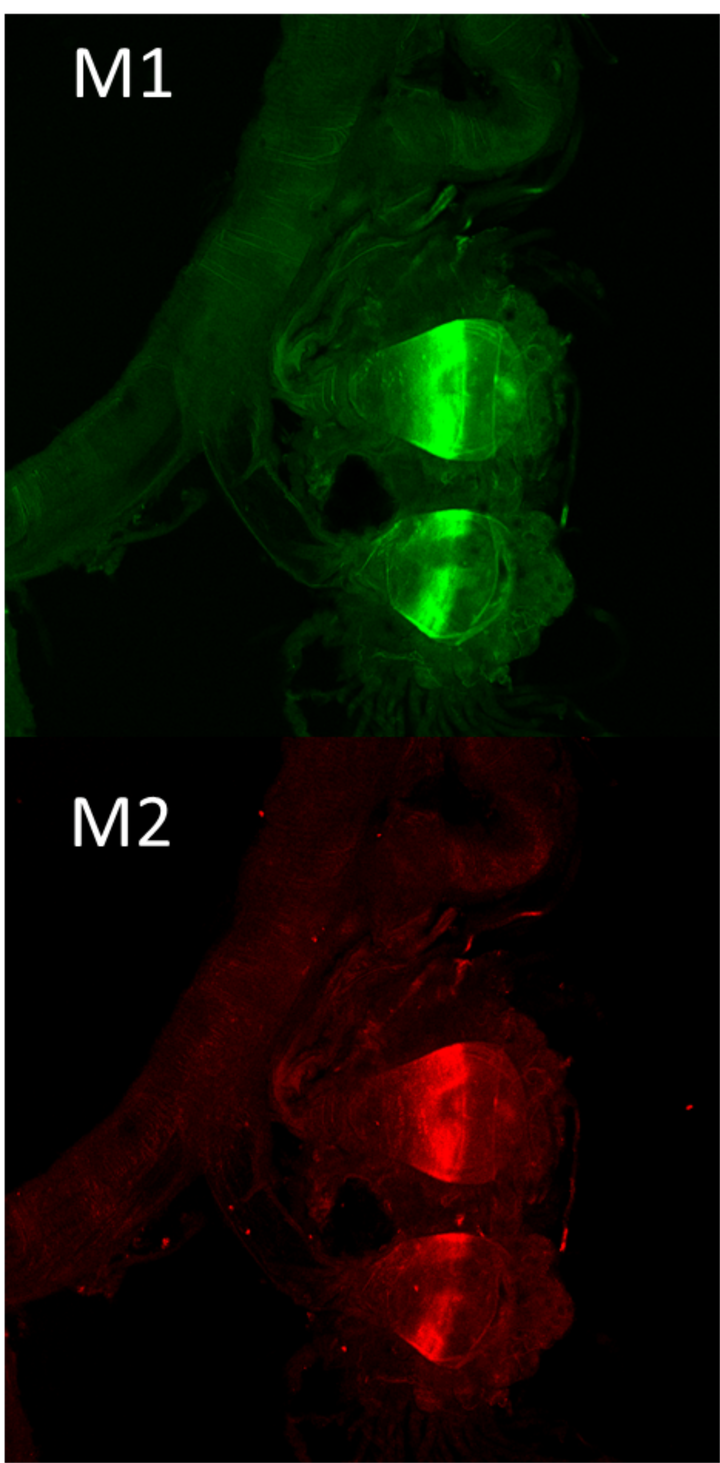Effects of condition and sperm competition risk on sperm allocation and storage in neriid flies.
 Image credit: Zac Wylde
Image credit: Zac Wylde
Abstract
Ejaculate traits can be sexually selected and often exhibit heightened condition-dependence. However, the influence of sperm competition risk in tandem with condition-dependent ejaculate allocation strategies is relatively unstudied. Because ejaculates are costly to produce, high-condition males may be expected to invest more in ejaculates when sperm competition risk is greater. We examined the condition-dependence of ejaculate size by manipulating nutrient concentration in the juvenile (larval) diet of the neriid fly Telostylinus angusticollis. Using a fully factorial design we also examined the effects of perceived sperm competition risk (manipulated by allowing males to mate first or second) on the quantity of ejaculate transferred and stored in the three spermathecae of the female reproductive tract. To differentiate male ejaculates, we fed males non-toxic rhodamine fluorophores (which bind to proteins in the body) prior to mating, labelling their sperm red or green. We found that high-condition males initiated mating more quickly, and transferred more ejaculate to one spermatheca when mating second. This suggests that males allocate ejaculates strategically, with high-condition males elevating their ejaculate investment only when facing sperm competition. More broadly, our findings suggest that ejaculate allocation strategies can incorporate variation in both condition and perceived risk of sperm competition.